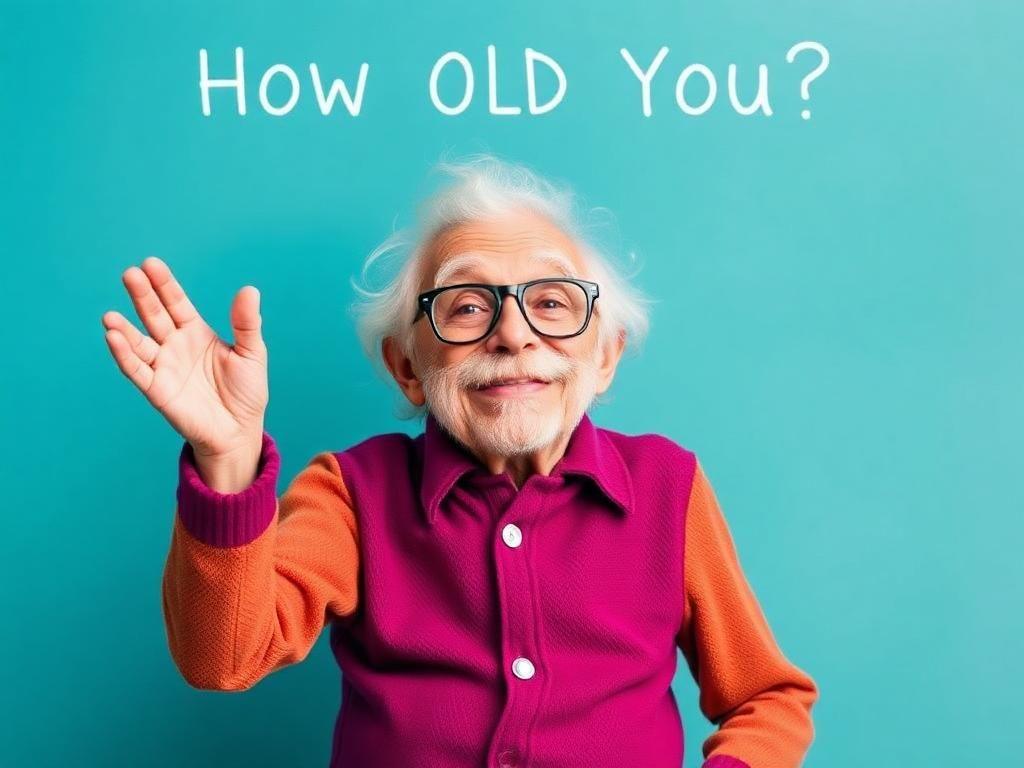Recognizing and expressing gratitude can profoundly enhance our interactions and relationships. When someone says, “I appreciate you,” it opens a door for deeper connections. Understanding how to respond appropriately to this sentiment is crucial, not only in strengthening bonds but also in fostering positive communication environments. Every time we show appreciation for one another, we reinforce a culture of gratitude that can transform personal and professional relationships.
Understanding the Importance of Acknowledgment
The Importance of Acknowledgment
Expressions of appreciation are vital in building strong relationships. They reassure individuals that their efforts and contributions do not go unnoticed. Within personal and professional spheres, such expressions can elevate moods, enhance cooperation, and inspire a supportive atmosphere. Gratitude fosters positive interactions that lead to stronger ties and increased loyalty. Studies have shown that organizations that promote gratitude enjoy improved employee engagement and retention rates (source: [Forbes](https://www.forbes.com)).
Overview of Responding to Appreciation
Responding thoughtfully to expressions of gratitude is important. A well-crafted response not only acknowledges the other person’s feelings but also encourages open communication, building trust and mutual respect. By setting the stage for healthy dialogue, we can cultivate environments where gratitude and appreciation are commonplace.
Understanding the Context
Different Scenarios for Appreciation
The context in which acknowledgment occurs can significantly affect how we respond.
– **Personal relationships:** In friendships and family interactions, the emotional depth often calls for heartfelt responses. A simple “thank you” might not cut it when a loved one expresses appreciation for your support during challenging times.
– **Professional settings:** Colleagues may offer appreciation for teamwork or assistance on a project. Here, responding professionally while maintaining warmth is essential.
– **Customer interactions:** Service quality often hinges on customer appreciation. Acknowledging a client’s gratitude can foster brand loyalty and encourage repeat business.
Emotional Responses to Appreciation
Emotions play a pivotal role in how we process appreciation. Common feelings include happiness, humility, and sometimes, surprise. These feelings can enhance self-esteem and motivate individuals to continue contributing positively to their relationships or work environment. Recognizing how appreciation impacts our emotions is key to crafting sincere and effective responses.
Types of Responses to “I Appreciate You”
Simple Acknowledgments
The classic response to “I appreciate you” is simply, “Thank you!” This straightforward reply conveys recognition without overcomplicating the interaction. Variations such as “I appreciate you too” or “That means a lot to me” effectively communicate reciprocity in expressing gratitude.
Expanding the Conversation
To enrich the interaction, consider reflecting back on the appreciation or asking for elaboration. For instance:
– Reflecting back: “I really appreciate what you do for me as well.” This kind of acknowledgment deepens the emotional connection and encourages mutual appreciation.
– Asking for elaboration: “What do you appreciate most?” This question not only shows interest but also allows for a more enriching dialogue about shared experiences and values.
Returning the Favor
Sharing specific instances of appreciation can create a meaningful exchange. For example, saying, “I appreciated how you helped me with that project last week,” reinforces the bond further. Additionally, offering support or helping in return strengthens mutual trust and cooperation.
Tailoring Your Response (Situational Considerations)
Responding in Personal Relationships
In personal relationships, it’s important to respond with warmth and emotional resonance. Tailoring your response based on your relationship’s history can enhance its impact. For close friends, you might say, “Your support means everything to me; I’m grateful to have you in my life.”
Responding in Professional Settings
In professional environments, maintaining professionalism while being genuine is critical. Integrating appreciation in your communications can strengthen teamwork. For example, a response in an email could be: “Thank you for your kind words. I’m grateful to work alongside such dedicated colleagues.”
Responding in Customer Service Scenarios
In customer service, depending on what a customer values can enhance their experience. Suggested responses to customer appreciation might include: “Thank you for your kind words! It’s a pleasure to assist you. We strive to make your experience outstanding.” Reinforcing a positive service experience not only acknowledges their gratitude but can also build brand loyalty.
Body Language and Non-Verbal Cues
Enhancing Your Response through Body Language
Non-verbal communication often speaks louder than words, so enhancing your responses with body language is crucial. Maintaining eye contact demonstrates sincerity, while nodding during the conversation shows understanding and encourages open dialogue.
The Impact of Tone and Expression
The tone of voice can dramatically alter the meaning of your response. A warm and enthusiastic tone conveys genuine appreciation, while a flat tone may translate as disinterest. Additionally, a genuine smile can enhance your response’s impact, creating a welcoming atmosphere for further conversation.
Common Missteps in Responding to Appreciation
Dismissing the Compliment
Dismissing a compliment, such as saying, “It was nothing,” diminishes both your role and the sender’s feelings. This can lead to a cycle of negativity, where appreciation becomes less frequent. Effective responses that acknowledge gratitude maintain a positive and affirming environment.
Overreacting or Being Overly Humble
While humility is a virtue, overreacting or excessively downplaying your role can be counterproductive. Striking the right balance is key. A response such as, “I’m just doing my job,” can downplay the appreciation expressed. Instead, acknowledge the compliment while remaining humble.
Practicing Gratitude
Building a Habit of Appreciation
Incorporating gratitude into everyday interactions can be transformative. Techniques might include keeping a gratitude journal or practicing daily affirmations. Regularly expressing thanks enhances interpersonal connections and creates a positive feedback loop.
Benefits of Mutual Appreciation
The benefits of fostering a culture of mutual appreciation are significant. Enhanced relationships, increased mental well-being, and improved workplace dynamics are just some of the positive outcomes. A strong foundation of gratitude encourages resilience and emotional health.
Summary Table of Responses to Appreciation
| Scenario | Response Type | Example Response |
|---|---|---|
| Personal Relationships | Simple Acknowledgment | “Thank you! I appreciate your support.” |
| Professional Settings | Expanding Conversation | “I value your feedback; what did you find most helpful?” |
| Customer Service | Returning the Favor | “Thank you! Your satisfaction motivates us to improve further.” |
FAQ Section
1. What is an ideal response to “I appreciate you” in friendships?
A heartfelt response showing mutual appreciation, like “I appreciate you too, your support means a lot,” deepens the connection.
2. How should I respond professionally?
A professional response could be, “Thank you for your kind words. It was a team effort!”
3. What if I feel awkward responding to appreciation?
Feeling awkward is normal. A simple “Thank you” is always effective and won’t lead to misunderstandings.
4. How can I make my responses more engaging?
Ask questions or share a specific instance of why you appreciate the person, deepening the conversation.
5. Is it okay to express my own gratitude in response?
Yes! Expressing your appreciation in return can strengthen relationships.
6. Can body language influence how responses are received?
Absolutely! Positive body language can enhance the warmth and sincerity of your response.
7. What are common mistakes in responding to appreciation?
Common mistakes include downplaying the compliment or failing to acknowledge it altogether.
8. How to incorporate gratitude into daily life?
Practice gratitude as a habit, like journaling daily or expressing thanks verbally.
9. Are there negative effects of not responding to appreciation?
Ignoring expressions of appreciation might lead to feelings of discouragement and disengagement in relationships.
10. Where can I learn more about the psychology of gratitude?
Explore resources such as [Positive Psychology](https://positivepsychology.com/gratitude) for insights into gratitude’s benefits.




